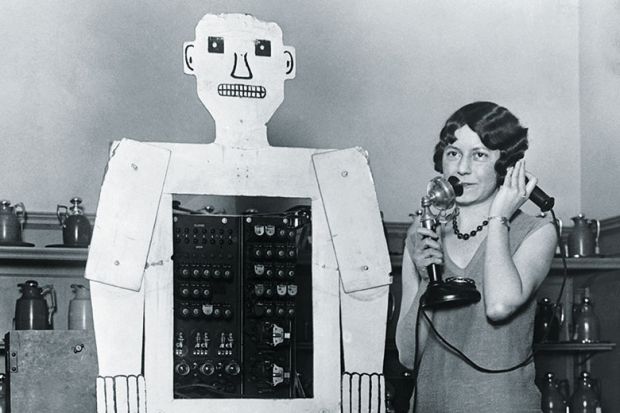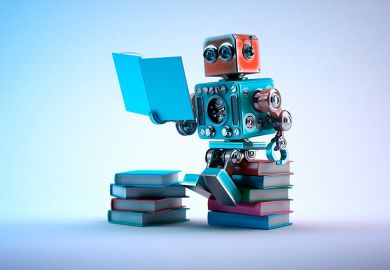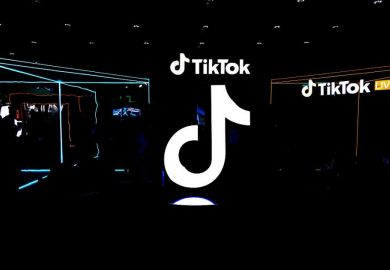A German university is introducing an artificially intelligent chatbot that could more than halve the amount of time students have to spend organising their classes at the beginning of term.
In recent years universities have dabbled with AI help, even fooling students into thinking that they were dealing with a human teaching assistant.
But “Alex”, as this latest bot is called, is a more systematic step towards using AI to improve the student experience. After further testing, it should be available to all students at the Technical University of Berlin in the autumn, and its inventor says it is the first time that the dramatic time-saving benefits of a chatbot have been quantified.
Instead of searching through online timetables, students type normal questions to Alex, such as when classes are, who will be teaching them, and what exams they have to take. The bot replies in natural-sounding sentences, and can ask follow-up questions to get to the bottom of what a student really wants to know.
“I think that it would save a lot of time,” said Thilo Michael, now a PhD student at the university, who invented Alex as part of his master’s course. “With the current system you have to know what you are searching for. Students do not understand what they have to filter and what keywords to use.”
When Mr Michael and a team of researchers put Alex head-to-head with the university’s existing system, the bot allowed students to find the information they wanted using far fewer steps, and much more quickly (one task took students an average of a minute using the bot, but five with the current system). The group of 30 students also rated the usability of Alex much more highly.
Search our database for the latest global university jobs
Alex is the latest example of universities turning to AI in order to automate the more mundane aspects of administration and teaching. Last year, a Georgia Institute of Technology computing professor revealed that one of his teaching assistants, who answered common course questions from largely unsuspecting students, had been an artificial intelligence bot.
However, many university chatbots simply find keywords in a query and bring up an answer to a frequently asked question, Mr Michael said. Alex, on the other hand, “tries to understand the whole sentence, not just with keywords”, he said, meaning that it can ask follow-up questions to narrow down what a student wants. Faster computers had made this possible in recent years, he said, although even now Alex has to think for up to five seconds to give an answer to some questions.
Register to continue
Why register?
- Registration is free and only takes a moment
- Once registered, you can read 3 articles a month
- Sign up for our newsletter
Subscribe
Or subscribe for unlimited access to:
- Unlimited access to news, views, insights & reviews
- Digital editions
- Digital access to THE’s university and college rankings analysis
Already registered or a current subscriber?






